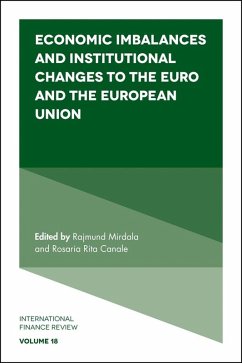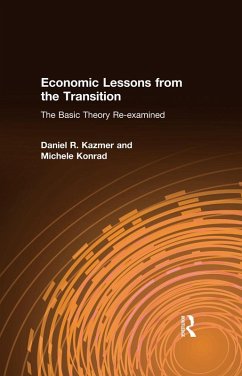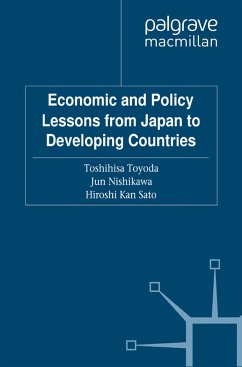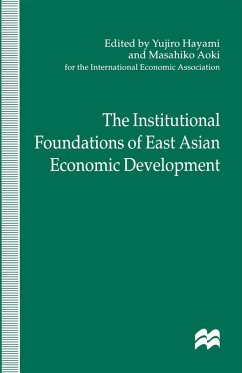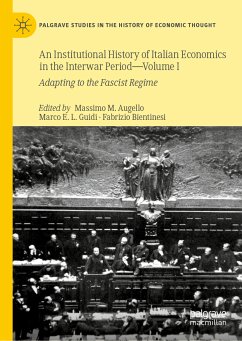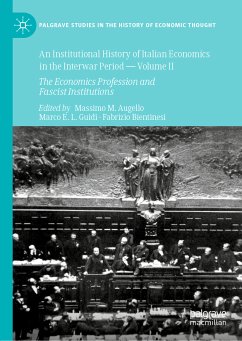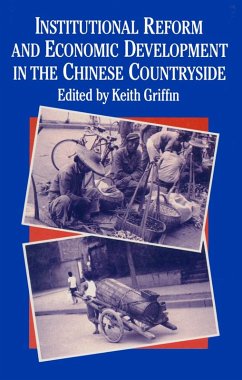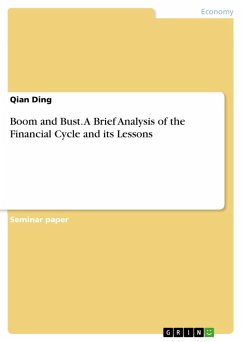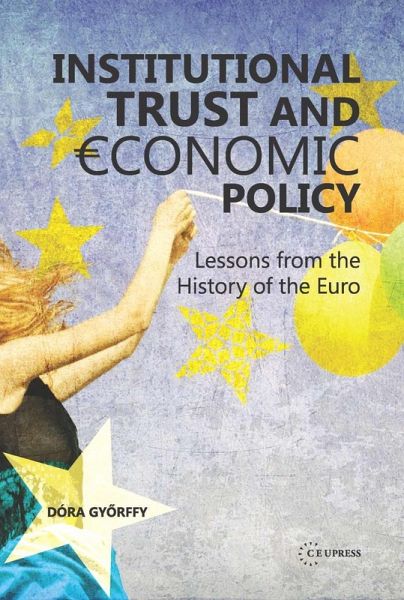
Institutional trust and economic policy Lessons from the history of the Euro (eBook, PDF)

PAYBACK Punkte
21 °P sammeln!
The book seeks to link theoretical debates on the relevance of trust in economic outcomes with the current arguments about the origins and lessons of the subprime crisis. By what mechanisms does trust influence economic outcomes? Under what conditions do these mechanisms prevail? How do debates about trust help our understanding of the subprime crisis in the European Union? By integrating insights from Post-Keynesian, Austrian and new institutional economics, the central proposition of the analysis is that the presence or absence of institutional trust creates virtuous and vicious cycles in la...
The book seeks to link theoretical debates on the relevance of trust in economic outcomes with the current arguments about the origins and lessons of the subprime crisis. By what mechanisms does trust influence economic outcomes? Under what conditions do these mechanisms prevail? How do debates about trust help our understanding of the subprime crisis in the European Union? By integrating insights from Post-Keynesian, Austrian and new institutional economics, the central proposition of the analysis is that the presence or absence of institutional trust creates virtuous and vicious cycles in law-abiding, which critically influence the possibility for economic agents to have realistic long-term plans.
Dieser Download kann aus rechtlichen Gründen nur mit Rechnungsadresse in A, B, BG, CY, CZ, D, DK, EW, E, FIN, F, GR, HR, H, IRL, I, LT, L, LR, M, NL, PL, P, R, S, SLO, SK ausgeliefert werden.




